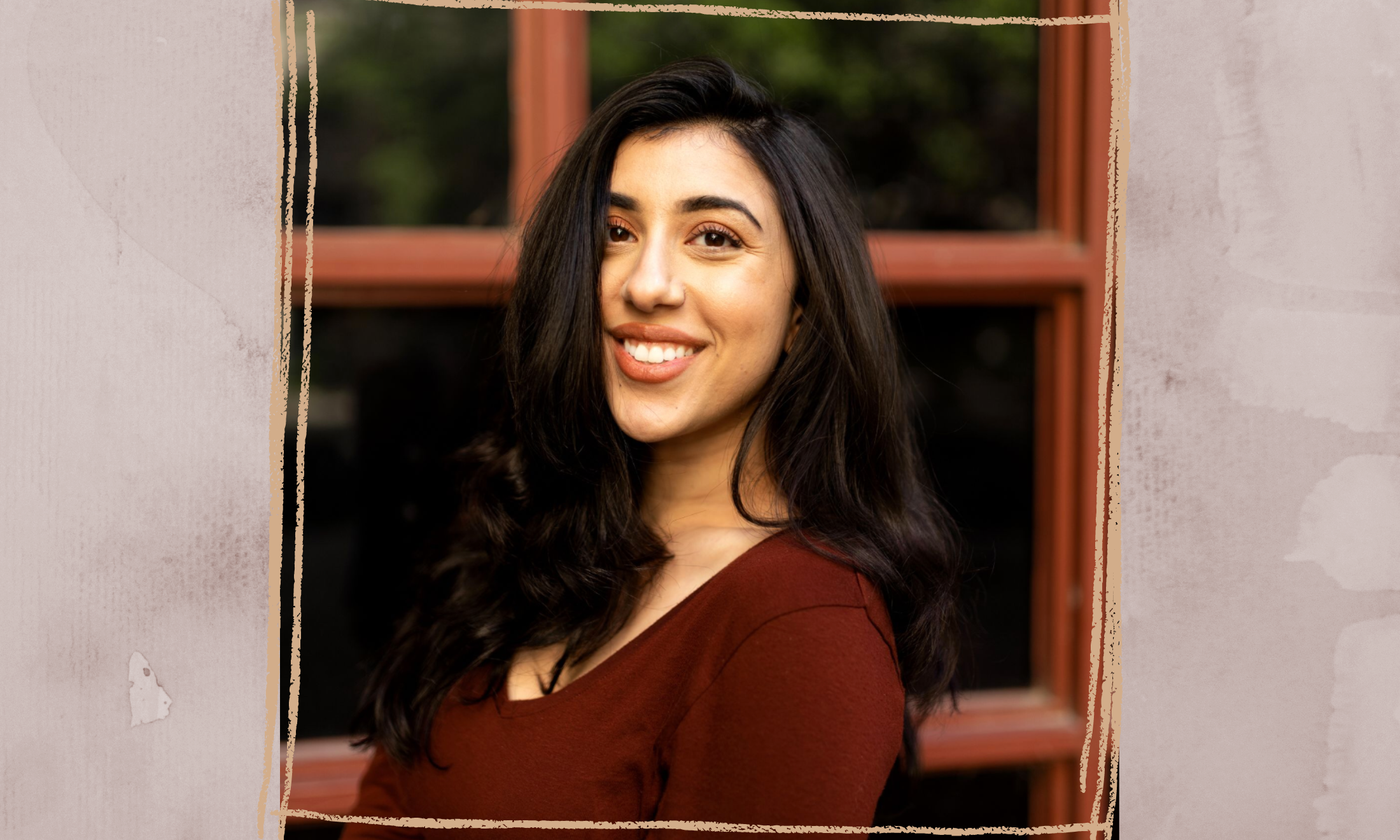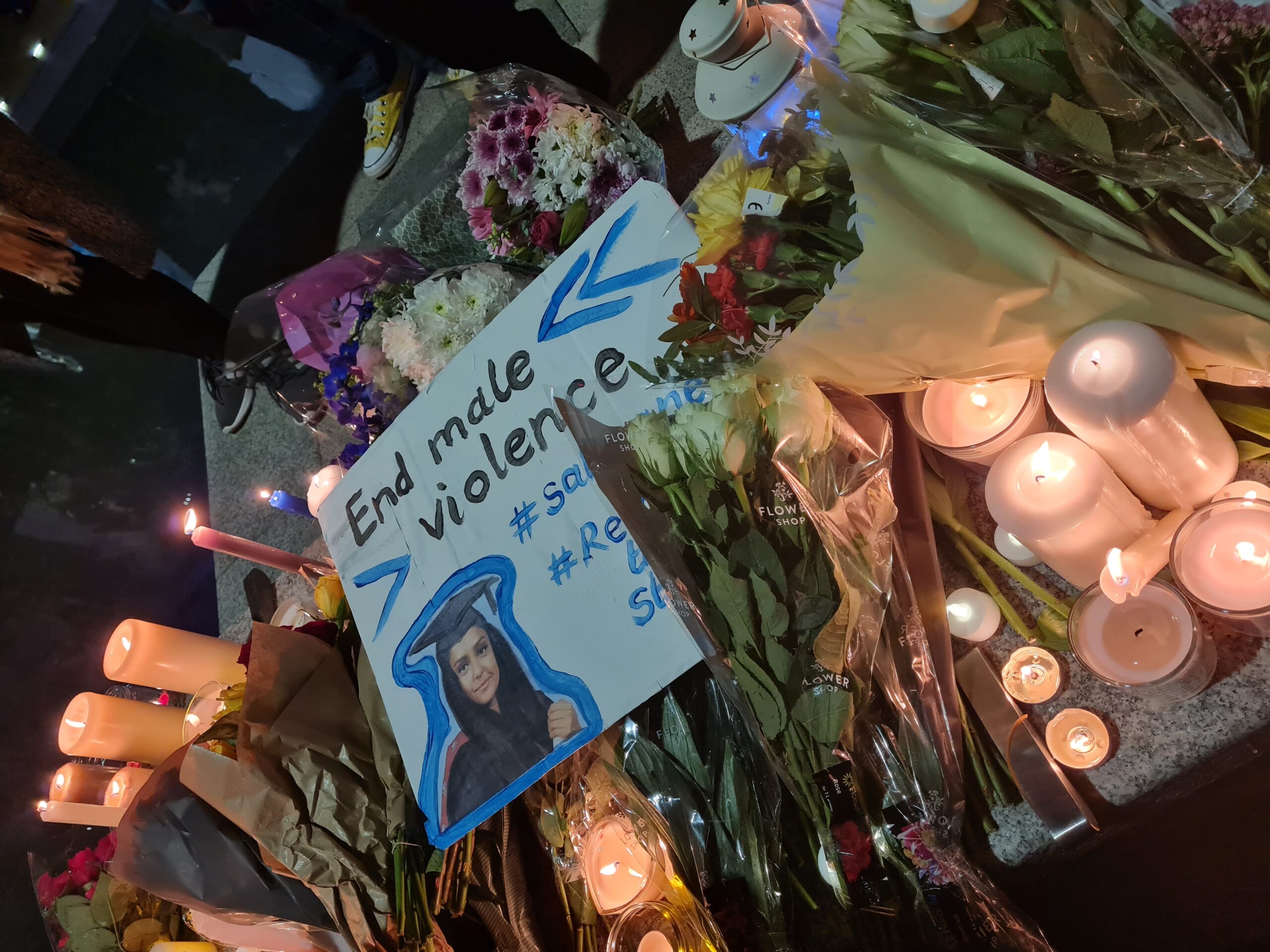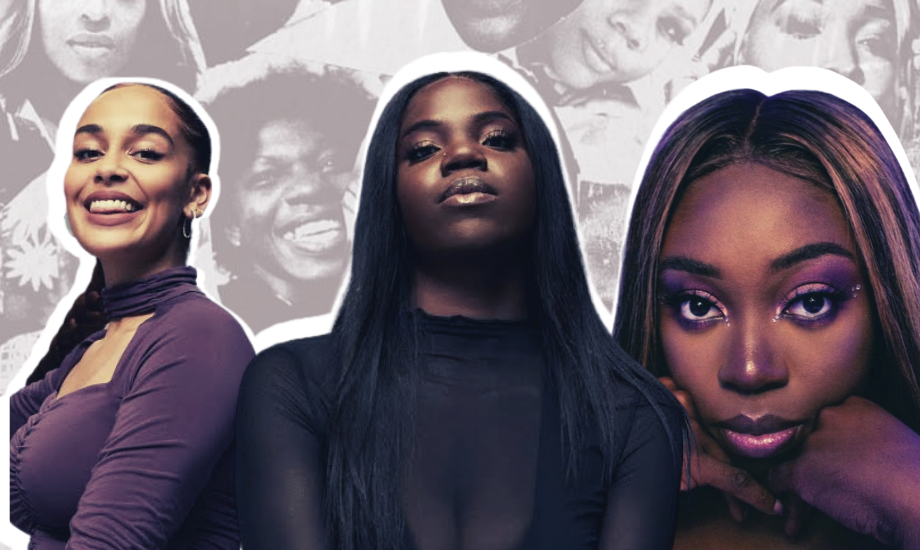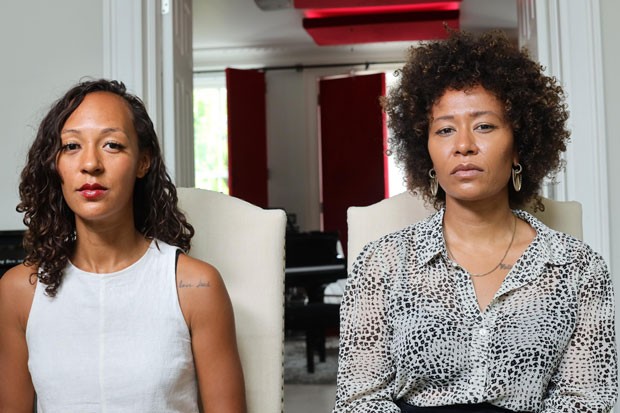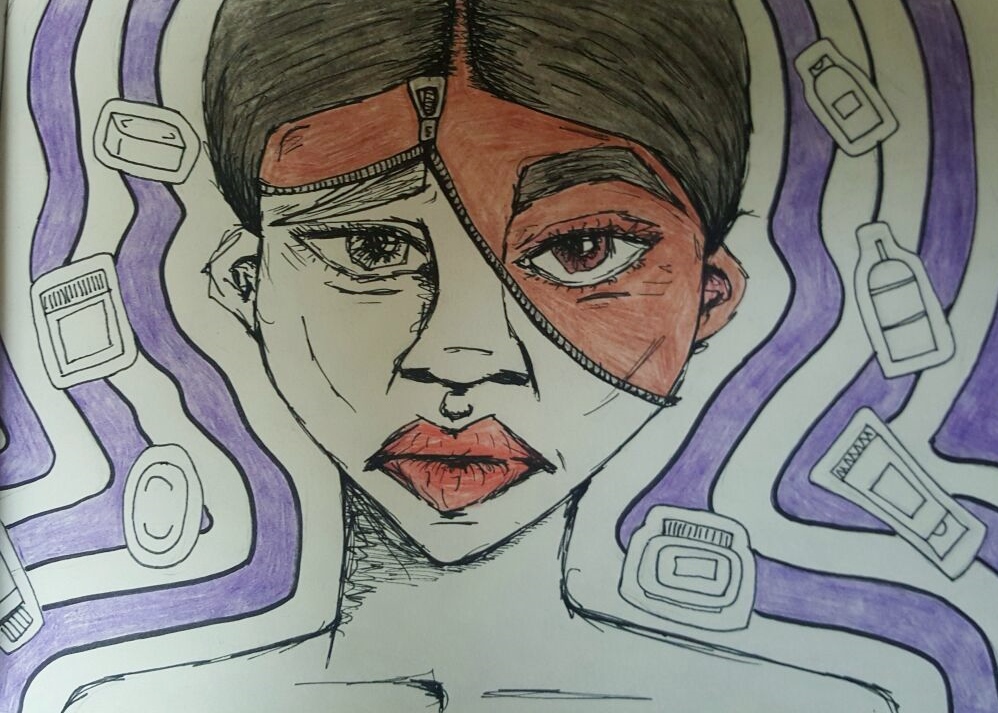
Colourism in the Indian community: ‘I have always seen myself as darker than I actually am’
Isha Sohal
01 Apr 2016
I wouldn’t describe myself as “light skinned” or “fair”. I understand that might be how others see my skin tone but I have always seen myself as darker than I actually am. Maybe it’s because to white people I am naturally “dark”. Maybe it’s because I can’t wear the same shades of foundation as my white friends and we can’t share other types of make-up because it wouldn’t show up on my skin.
But on the other hand, I’m not that dark and I realise that I’m not dark at all to so many other women of colour. On the rich scale of brownness my shade is definitely on the lighter side. I understand that I don’t face the same problems as darker-skinned women face, and I do benefit from being lighter skinned. However, I still suffer from the same problem so many other women of colour face: colourism.
I don’t remember any specific incident triggering the idea that I was too dark. As a kid, I used to love sitting in the sun, feeling the warmth on my skin. I didn’t care about the fact that the longer I stayed out in the sun, the darker my skin would get. This changed when I was in middle school, when my Asian friends and I used to try to sit in the shade while our white friends would sit in the sun, trying to tan.
I was in middle school when I had my first experiences of colourism in the Indian and wider Asian community. My Bengali friend had tried a skin-lightening cream. She was the only person that I have known who has tried one, or at least admitted to trying one. It’s quite surreal to think back and realise that we were around 12 and 13, ridiculously young, but we didn’t care about the harmful side effects. All we cared about was whether it worked.
“I was in middle school when I had my first experiences of colourism in the Indian and wider Asian communities. The fact that my friend tried this kind of cream left me with questions, the main one being, should I be doing this too?”
The answer is it didn’t. But the fact that my friend tried this kind of cream left me with questions, the main one being should I be doing this too? My friend was even lighter than I was and, compared to her, I felt incredibly dark. What was even worse was that I felt I was ugly because I saw myself as dark.
In Punjabi culture, but also other South-Asian cultures, the idea of beauty is associated with fair skin. In our songs boys talk about the fair-skinned girls – gori – it isn’t always mentioned that she is beautiful but the implication is there, just like the name of the skin-lightening cream my friend used – Fair & Lovely. That name is instantly recognisable to Asians, a small indicator of the colourism still prevalent in our community.
The idea of fair skin as beautiful isn’t restricted to songs; it is prevalent in mediums like Bollywood and Hindi soap operas. While growing up surrounded by ideals of white beauty has a huge effect on how you perceive your own skin tone and self-worth, industries like Bollywood also have an equally important part to play. We don’t assume that Hollywood will represent people with our skin tones, but we expect that our own industries, like Bollywood, will. We expect them, to a certain extent, to reflect us. The fact that they don’t poses a problem. When you consider that so many stars, especially household names like Shah Rukh Khan, have endorsed skin-lightening creams, it creates an even bigger problem.
“We don’t assume that Hollywood will represent people with our skin tones, but we expect that our own industries, like Bollywood, will”
Skin lightening seems to be an accepted part of our culture. There have been efforts to change things, such as Nandita Das’ Dark Is Beautiful campaign. However, a problem like skin lightening will not go away so easily. Mentalities have to be changed, and the name Dark Is Beautiful gets to the real issue behind skin lightening – it’s really about beauty and self-worth.
The reason why there is such a demand for skin-lightening products is because fair is associated with beauty. In a world where we are increasingly judged for the way we look, this logic seems almost reasonable. As many people who try to defend skin-lightening creams argue, it’s to do with your aesthetic – it’s not that different from white people tanning, which they do as they think they look better with a tan.
“The reason why there is such a demand for skin-lightening products is because fair is associated with beauty. In a world where we are increasingly judged for the way we look, this logic seems almost reasonable”
However, we need to get away from this idea that fairness is a guarantee of beauty and that this kind of logic is acceptable. It’s incredibly hard to train yourself to think a certain way. I know this because I still have to stop myself from thinking, “wow, she’s really fair”, as if the synonym of fair is beautiful. It really isn’t, and while this is an emotion that some people might not feel comfortable expressing to others, the more we talk about it the better. It’s the only way we will be able to change the way we think about skin tone.
Get involved with gal-dem’s skin lightening series. Comment, tweet us at @galdemzine using the #skinlighteningseries, or email info@gal-dem.com if you would like to share your experience.


